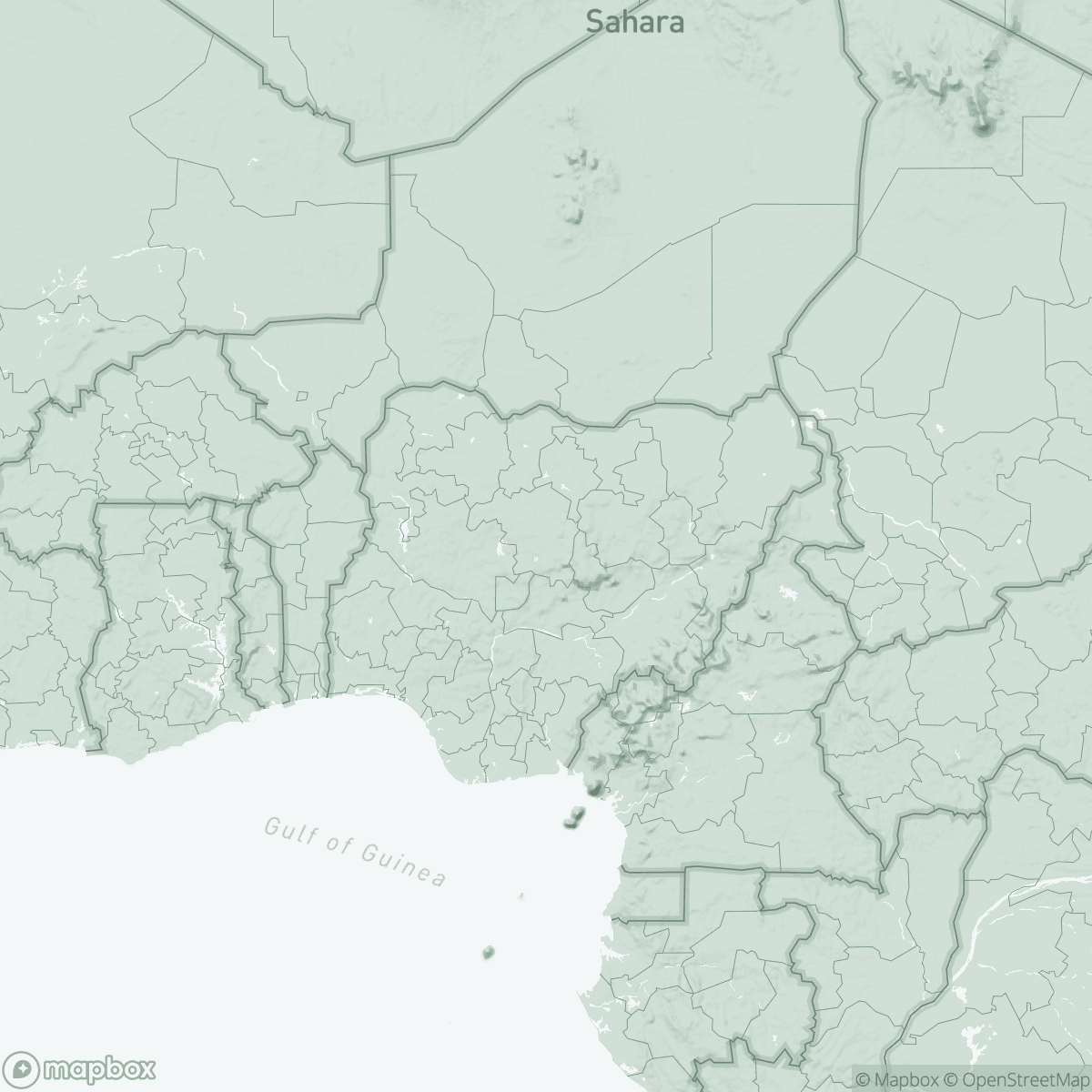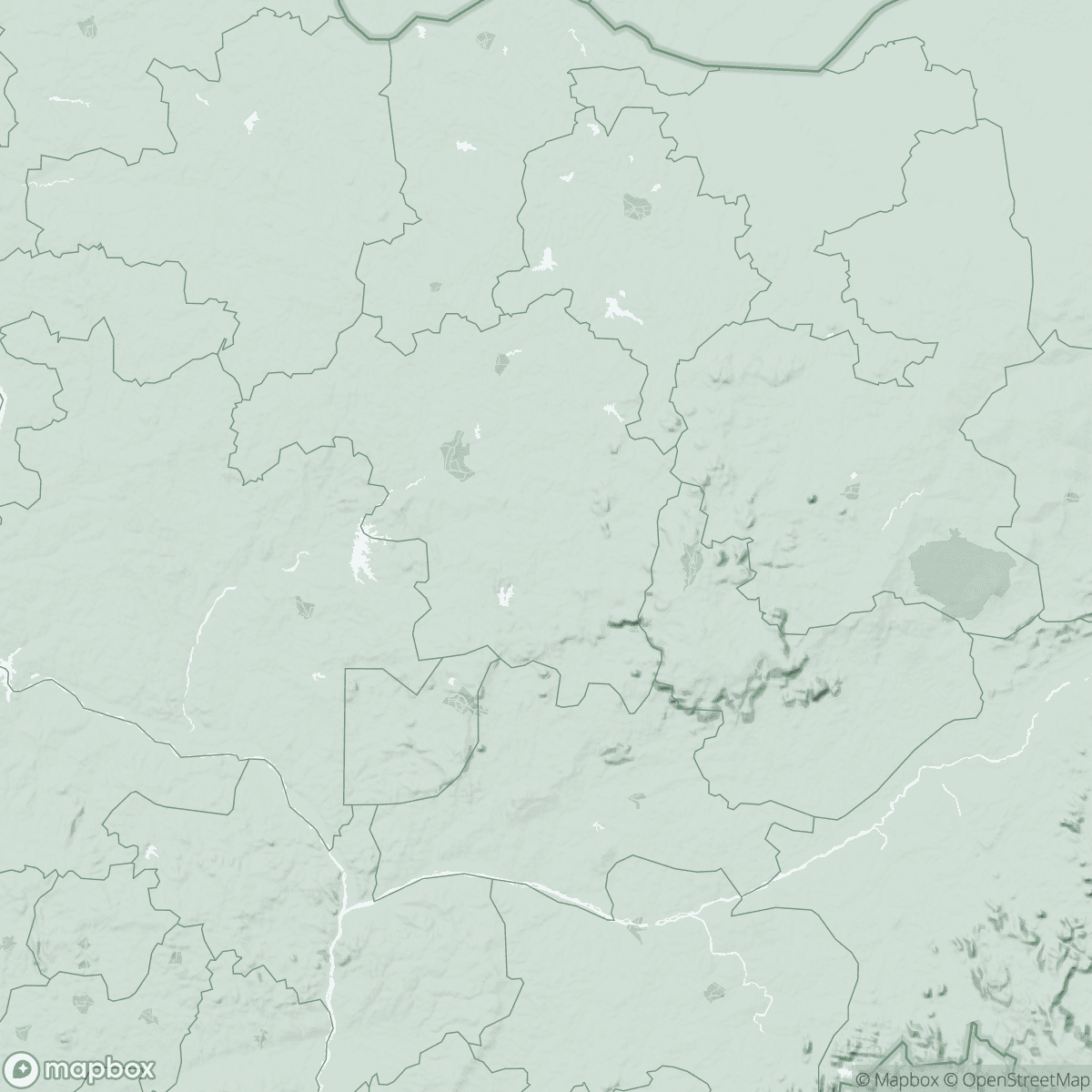
“Lucky To Be Alive”: A documentary to raise awareness about the unprecedented nutritional crisis in northwest Nigeria
In 1 click, help us spread this information :
Although the annual peak in malnutrition cases should now be over in Nigeria, dozens of severely malnourished children continue to occupy beds in Katsina City’s intensive therapeutic feeding centre. Some doctors, like Dr Alibaba Nurudeen, who works in the centre and appears in the documentary, say that this is only the tip of the iceberg in a region that is also facing a wave of severe violence.
Kidnap for ransom, murders, rapes, and attacks by armed gangs are threatening thousands of lives. The violence also prevents farmers from cultivating their land and families from going to the market, hospital or school.
Shot by a group of Nigerian filmmakers from JB Multimedia Studios, led by Kachi Benson (Daughters of Chibok, 2019), "Lucky To Be Alive" tells the stories of mothers like Hadiza and Fatima who travel miles along dangerous roads to get treatment for their malnourished children, as well as those of whole families struggling to feed themselves in a region where malnutrition is a problem at the best of times, and health workers and funding are woefully lacking.
2021 was already very bad, and the prospects for 2022 are very worrying”, warns Michel-Olivier Lacharité, Head of MSF’s Emergency Operations.
“Poor harvests and soaring global food prices may well negatively impact the nutritional situation across the region, including in northwest Nigeria. International donors and humanitarian organisations need to take urgent action to head off the worst effects of this looming crisis.”
A number of nutrition surveys revealed alarming rates of malnutrition last summer. The one MSF conducted in Jibia town in June 2021 indicated 26.1% global acute malnutrition and 7.4% severe acute malnutrition.
MSF response
MSF’s teams are working closely with the Nigerian Ministry of Health to improve treatment provided to children with malnutrition in therapeutic feeding centres across Katsina State.
Between August and December 2021, MSF has treated around 15,500 malnourished children, among them 64% were suffering from severe acute malnutrition.
To give their children access to nutritional and medical care, many Nigerian families turn to health facilities in nearby Niger. The number of severely malnourished children arriving from Niger in Madarounfa district, which neighbors Katsina State, rose by 58% in 2021 compared to 2020. A high proportion of the almost 30,000 children who were hospitalised in the Maradi region in MSF supported health centres last year were from Katsina State.


